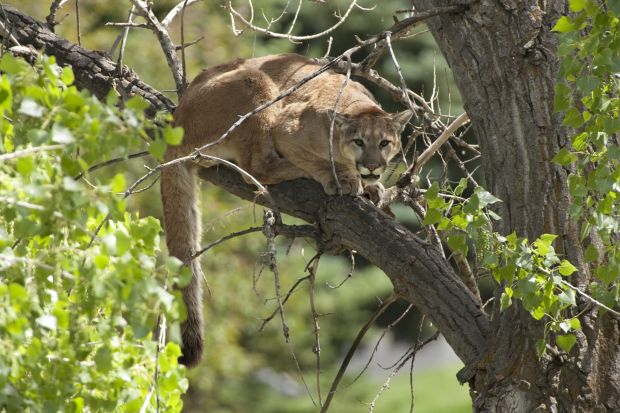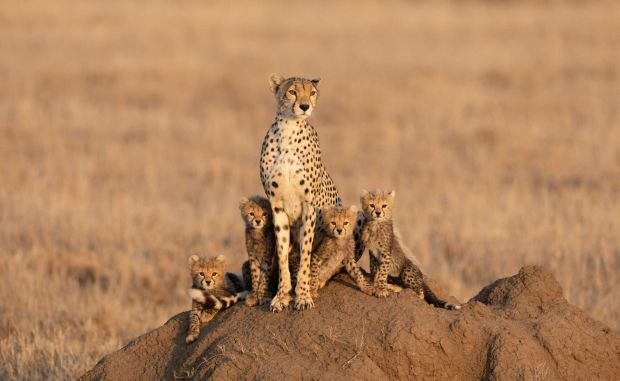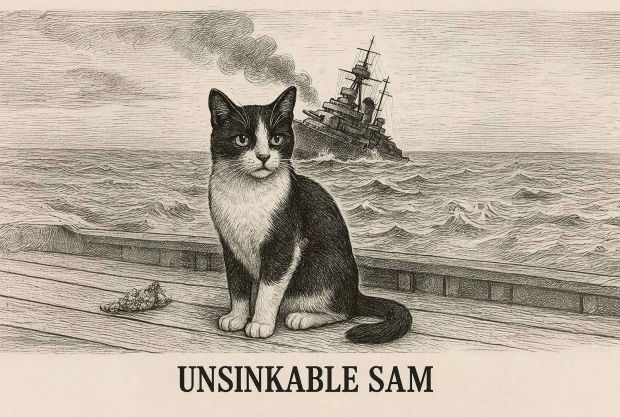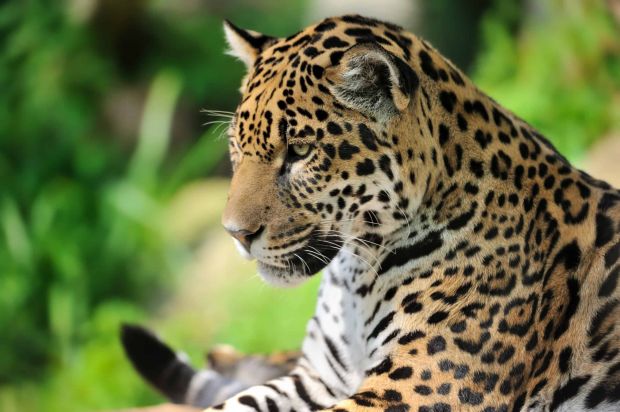Meat: The Dietary Adaptations of Felines
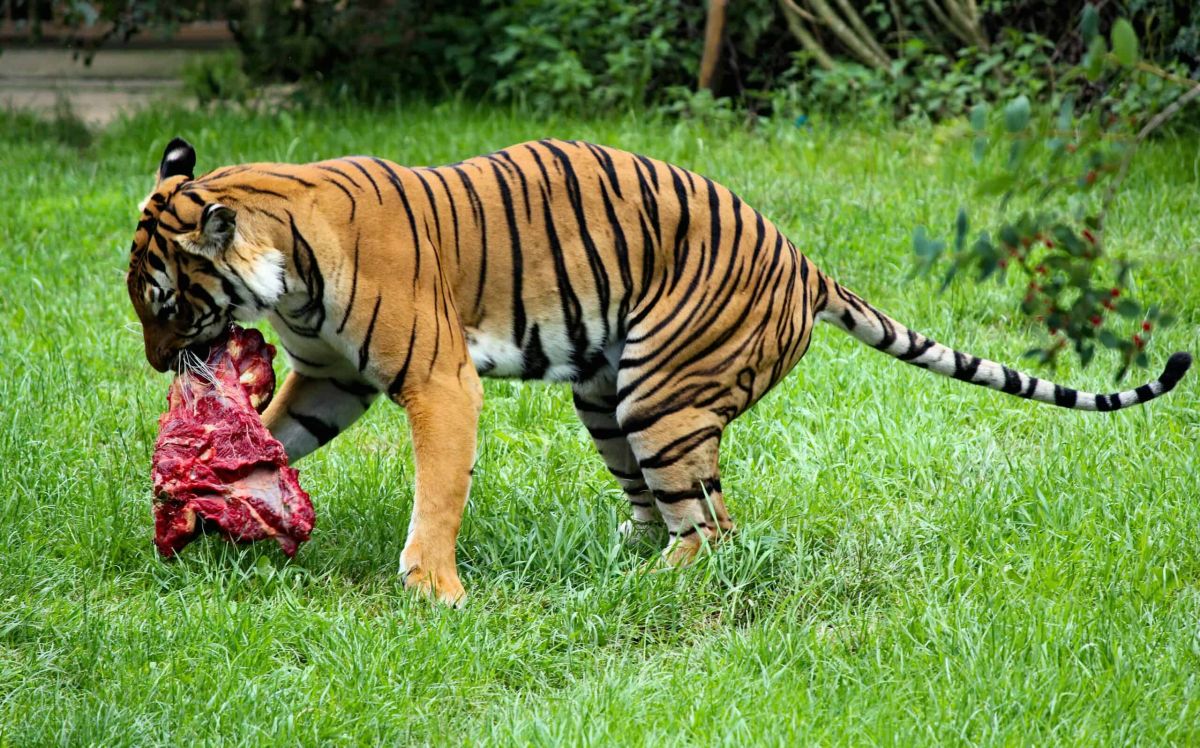
Cats are often revered for their grace, agility, and enigmatic behaviors. But another aspect that frequently intrigues pet owners and animal lovers alike is their unique dietary preference. Unlike many other pets, domestic cats are obligate carnivores, meaning that their diet must primarily consist of meat. This article explores the biological, evolutionary, and nutritional reasons behind this fascinating characteristic.
1. Evolutionary Background
Cats belong to the family Felidae, which encompasses a variety of species, from house cats to lions and tigers. These creatures have evolved over millions of years as hunters. The ancestors of modern domestic cats were solitary hunters that relied on their acute senses and physical prowess to capture prey. Throughout this evolutionary journey, cats developed specific adaptations that optimized them for a carnivorous diet.
Unlike some mammals that have evolved to be omnivorous, cats have retained many traits that make them excellent predators. Their retractable claws, sharp teeth designed for tearing flesh, and keen eyesight are all physical characteristics that promote a meat-based diet. The physiological changes that occurred throughout feline evolution made it efficient for cats to obtain their nutrients from animal sources.
2. Physiological Adaptations
Cats possess a relatively short digestive tract, which is suited for processing meat quickly. Unlike herbivores or omnivores, who often have longer digestive systems to break down plant material, cats have a gastrointestinal structure that allows them to extract nutrients from meat swiftly.
Moreover, several key physiological traits highlight their niche as carnivores:
- Taurine Requirement: One of the most critical amino acids for feline health, taurine is found almost exclusively in animal tissues. Cats cannot synthesize sufficient taurine on their own, making it essential for their diet.
- Low Carbohydrate Tolerance: Cats have a limited capacity to digest carbohydrates compared to dogs or humans. Their liver lacks the enzyme (glucokinase) that is necessary for effectively metabolizing sugars, leading to potential health issues if they consume high-carb diets.
- Vitamin A and Nitrogen Requirements: Unlike many animals that can convert plant-based provitamin A into active vitamin A, cats require a direct dietary source of preformed vitamin A from animal tissues. Additionally, they need a diet rich in nitrogen, which is primarily obtained from consuming meat.
3. Nutritional Needs
The nutritional profile of cats is quite specific and can only be satisfied through a diet predominantly made up of animal products. Essential nutrients such as arachidonic acid (a fatty acid), certain B vitamins, and high-quality protein are abundant in meat but deficient in plant-based foods.
Because of these stringent requirements, pet owners must be mindful of their feline companions’ diet, ensuring they receive high-quality, protein-rich food. While some cat food brands include plant ingredients, these are generally used as fillers and do not replace the need for animal proteins.
4. Behavioral Considerations
Cats are also influenced by their natural behaviors when it comes to eating. Unlike dogs, which may scavenge for food or display a willingness to consume a variety of items, cats exhibit selective foraging behavior. They are more likely to hunt and consume small mammals or birds, which align with their natural predatory instincts. This behavior reinforces their preference for meat and highlights their role as solitary hunters in the wild.
Conclusion
The dietary preference of cats for meat is a result of millions of years of evolution that shaped their physiological traits and nutritional needs. As obligate carnivores, they require a diet rich in animal-based proteins and fats to maintain their health and thrive. Understanding the reasons behind their distinct dietary habits not only allows pet owners to cater better to their feline friends but also deepens our appreciation for the complexity of animal behavior and adaptation. Providing cats with a balanced, meat-based diet is key to ensuring their well-being and longevity, reflecting the unique evolutionary path that has defined this fascinating species.
